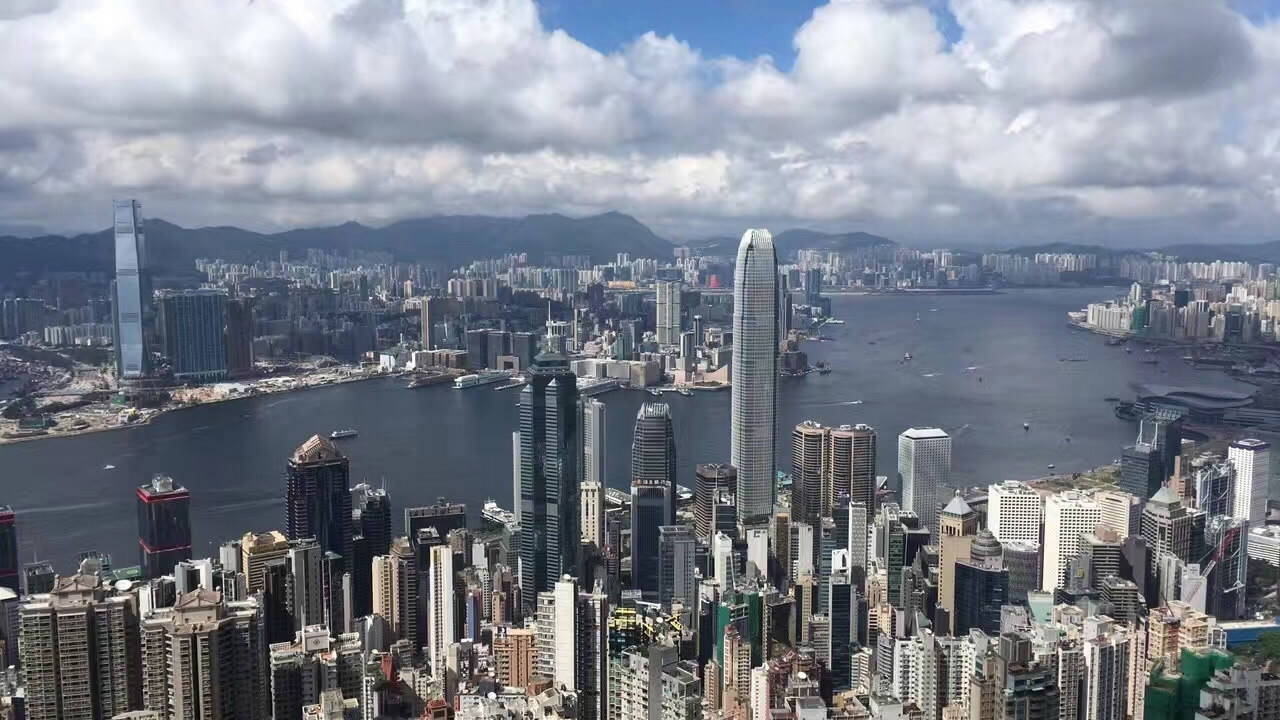02:08

The principal official of the Liaison Office of the Chinese Central People's Government in the Hong Kong Special Administrative Region (SAR) on October 16 firmly opposed and strongly condemned the U.S. House of Representatives' passing of the so-called Hong Kong Human Rights and Democracy Act of 2019.
According to a statement by the principal official of the liaison office," The U.S. Congress and a handful of politicians are turning a blind eye to the severe and violent crimes that had happened in Hong Kong, disregarding facts and calling black white."
Witman Hung, a Hong Kong deputy to the 13th National People's Congress, questioned how the Act could be passed without any serious policy hearing. He noted that nobody from the HKSAR government or the pro-HKSAR government camp was invited while only a couple of "self-crowned" protest leaders sat in the hearing.
"I think it's just a political stand," Witman said, "they want to have the Act, and they're going to have it in a quick way."
According to Witman, Washington is just using the Act as a bargaining chip against China in the trade war and at the same time to impose influence on Hong Kong.
Witman believed there are different kinds of human rights and therefore certain countries need to be very careful with the use of intervention. "When you see people are being tortured and killed, that's one thing," Witman said, "when people have a different election system than what the U.S. has is another."
The U.S. Congress enacted the Hong Kong Policy Act in 1992. Since then, the so-called human rights issues related to Hong Kong have always been separated from trade issues in China-U.S. relationship. The new bill, therefore, is a breakaway from that tradition, Zhang Wei, the co-director of Institute for Human Rights at University of Political Science and Law, noted.
01:27

"In history, we see many cases in which people used democracy and human rights as a slogan to fight for their political purposes," Zhang Wei said. Under this slogan, they usually ignore violence caused by the so-called "pro-democracy" forces.
When the same thing happens in their own country, however, they would use their judicial power to calm down the situation, Zhang Wei observed, citing the U.S. putting down the uprising against police brutality in past years as an example.
Einar Tangen, a political and economic affairs commentator, said the police in the U.S. are justified by law to use deadly forces if they feel they are in danger. He further pointed out in the case of Hong Kong, the protesters are brutalizing people to get what they want. "The fact is, you cannot do that," Einar said.
And he criticized Western media for their bias in their coverage of Hong Kong and said they would eventually see "blood on their hands" when people start actually dying.
Schedule: Monday-Sunday
Time (GMT): 0330, 1130, 1930
(If you want to contribute and have specific expertise, please contact us at opinions@cgtn.com.)